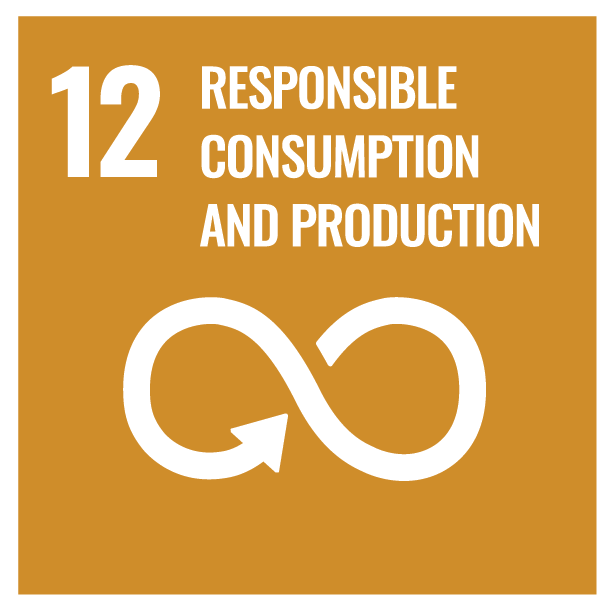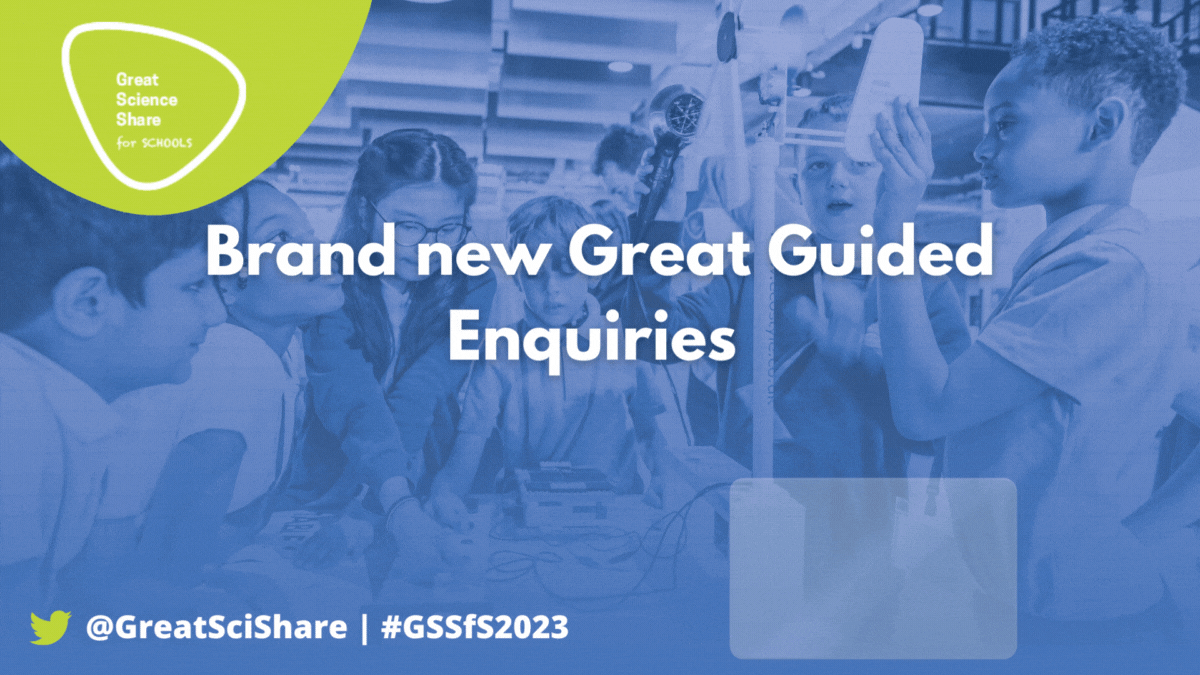Leigh Baldiham, Chairman of Trustees at the Worshipful Company of Glass Sellers spoke with the GSSfS team to shed some light on what this livery company does, how their work benefits education in Britain, how their work will be helping to inspire children to ask-investigate and share scientific questions.
The International Year of Glass
In May 2021, the United Nations General Assembly voted to make 2022 the International Year of Glass. The reasons for this were both historic and futuristic.
The Year celebrated the fundamental role glass has played in society across many centuries. Looking to the future, there has been focus on glass-related innovations and technologies that will contribute to sustainable and profitable living in years to come. The links to the UN’s Sustainable Development Goals are many, in particular, Goal 9 – Industry, Innovation and Infrastructure, and Goal 12 - Responsible consumption and production.
“Glass is a sustainable material and we are keen to focus people’s interest in the modern technological uses of glass…Nobody will ever convince me that education is a bad thing and that’s why partnering with GSSfS is such an exciting opportunity.”
Great Science Share Guided Enquiries and Glass!
One of the roles of the Worshipful Company of Glass Sellers is to involve the wider glass industry. By partnering with the Great Science Share for Schools and the Primary Science Teaching Trust it is now possible to enhance the curriculum through enquiries that link to glass and it’s uses. PSTT have produced a set of resources ‘Bringing Back Glass’ and at the end of February we will be releasing a brand new Great Guided Enquiry to inspire pupils to ask, investigate and share scientific questions.
Why is it relevant to enliven our curriculum with stories about glass?
From a manufacturing standpoint, today’s challenges are not so much about the material itself, but the implications of its manufacture and processing. Leigh explained this dilemma:
“Glass is completely recyclable in virtually all of its forms; the bad news is that it takes a huge amount of energy to do that. Glass Futures are trying to prove that renewable sources of energy can be used on a major industrial scale in the production of glass in the future. These are really exciting times for glass and innovations that are real to the lives of our young children as they grow up.”
What can teachers look at to get the context of glass linked to science in the curriculum?
For now, the PSTT resources are a great go-to. A free download booklet, with 15 activities designed to support delivery of engaging science lessons that enable Early Years and primary school children (from 3-11 years). These enable you to explore the properties, uses and benefits of glass and to engage in meaningful and relevant investigative science. The activities cover a wide range of primary science topics including:
Materials & their suitability for different purposes
Light
Sound
Plant germination & growth
Soil
Water cycle
Animal adaptation (birds)
Habitats (the Arctic)
Watch this space for brand new GSSfS Great Guided Enquiries! End of February 2023










